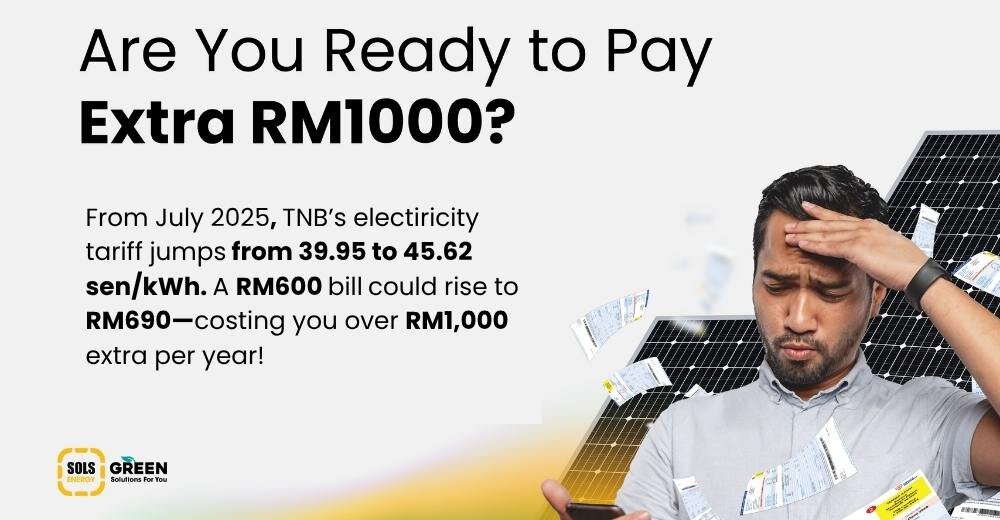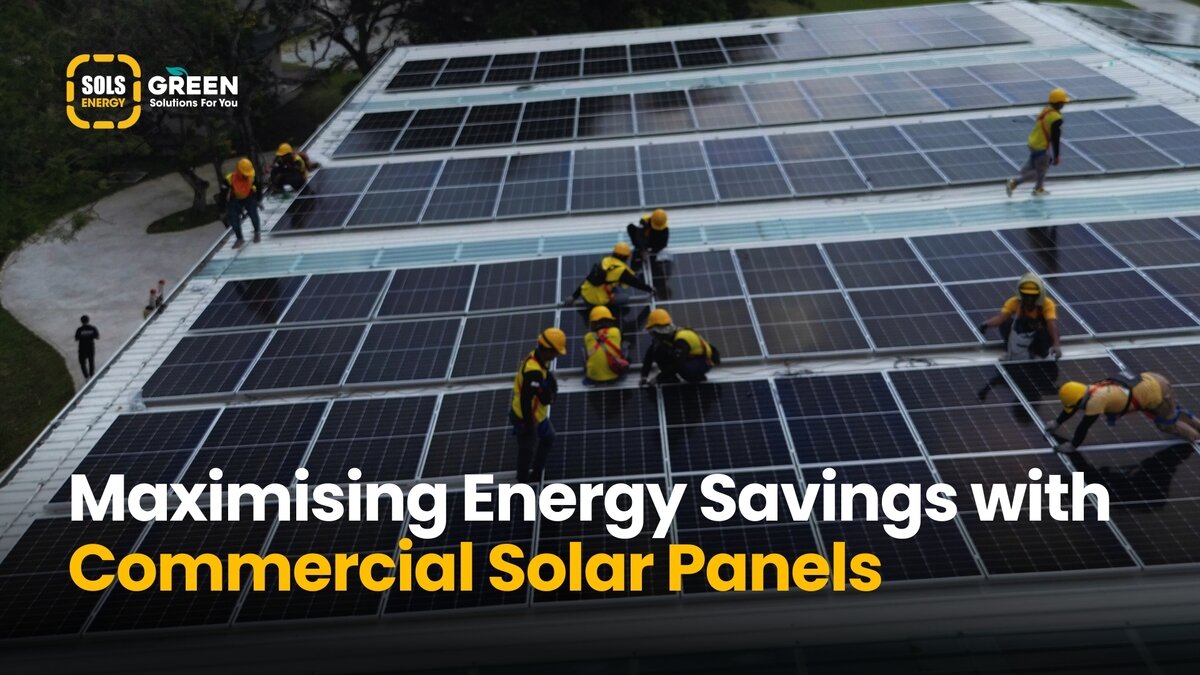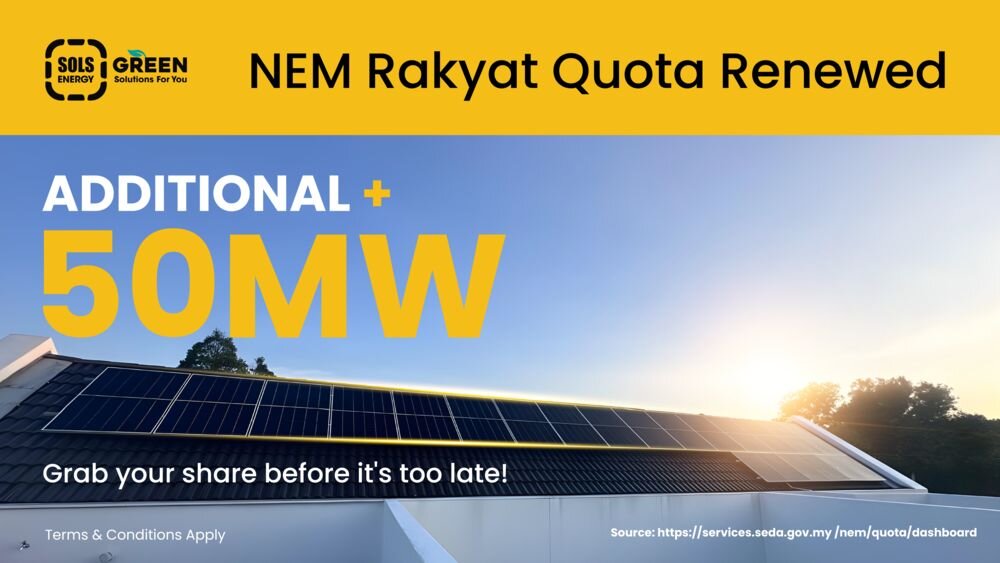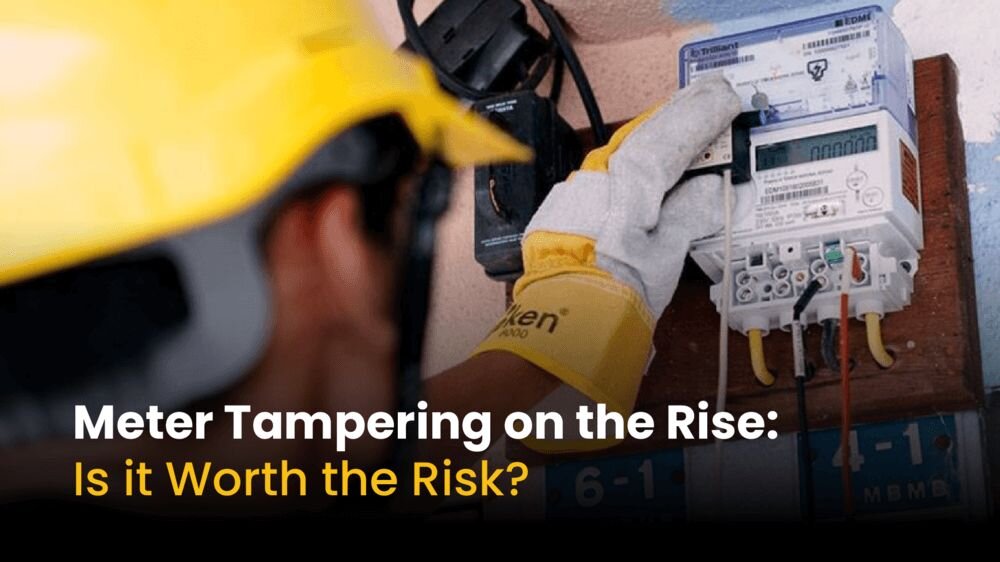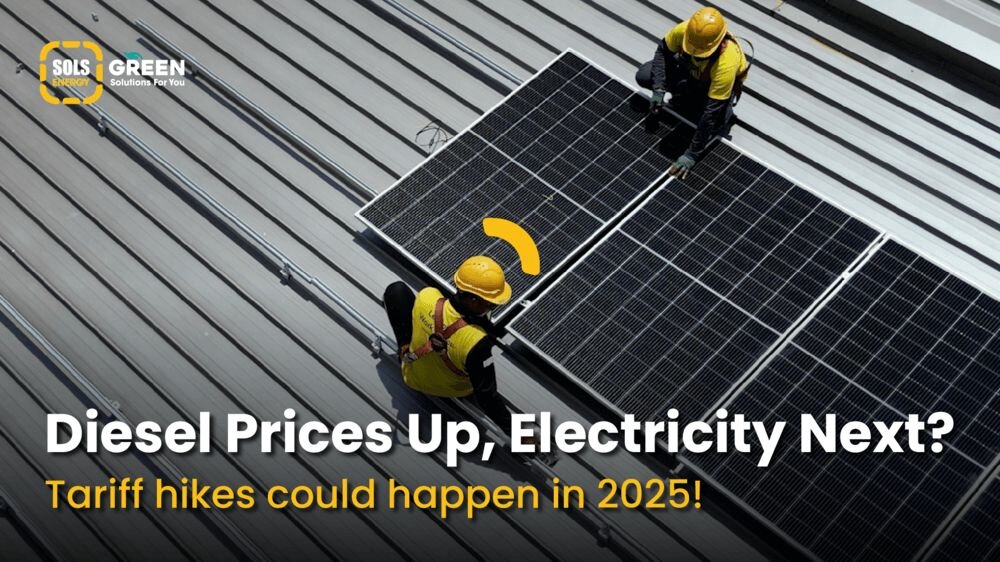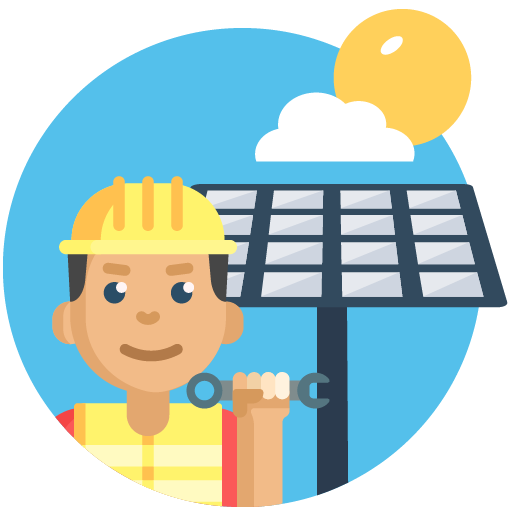Solar PV Systems Explained: On Grid v. Off Grid v. Hybrid Solar Rooftop Systems
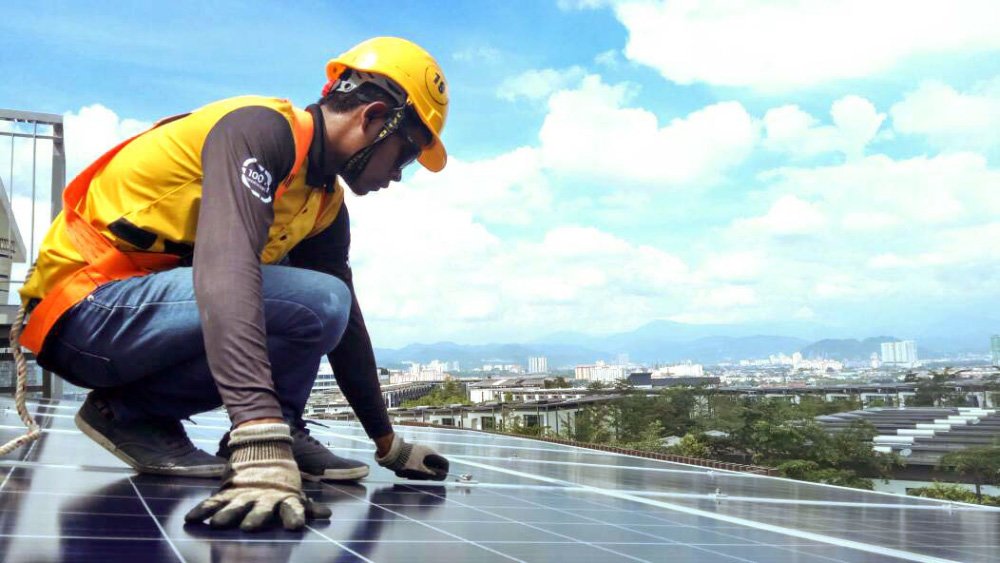
Solar PV Systems pros and cons. How do I choose the right one for me?
So you want to install a solar photovoltaic system because you are excited about the benefits. Saving your money, and helping the environment at the same time? Sounds great!
There are three types of Solar PV Systems that you can opt for.
The type of Solar PV System that would suit you may differ from what would suit someone else. When investing in a solar photovoltaic system, we must first check the benefits and drawbacks of each, so that everyone can find their perfect match. Here are what you need to know about the types of solar PV systems and the pros and cons of each of them:
ON-GRID Solar PV System:
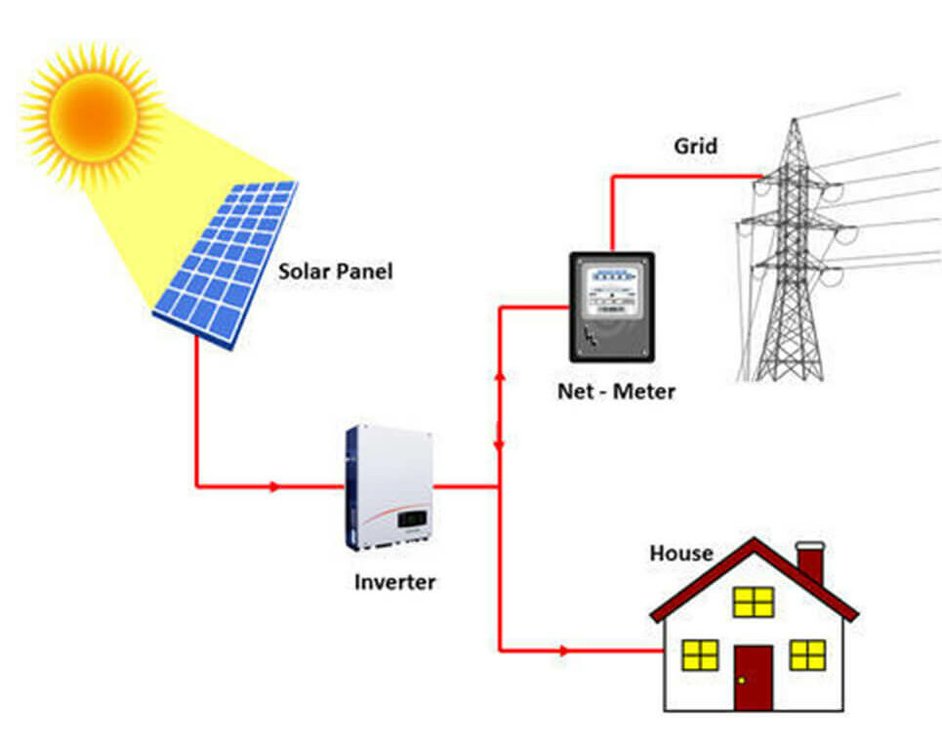

Commonly used in urban areas, this is the Solar PV System of choice for the majority of residential and business customers.
This is an on-grid / grid-tied system that produces energy on its own and is tied to a utility grid at the same time. In Malaysia this is usually the Tenaga Nasional Berhad (TNB) electrical grid.
With this system, your property will be able to export (excess energy) and import (energy needed) to and from TNB’s grid.
This is how it works. Your Solar PV panels would be working hard throughout the day to produce energy. Should your PV system produce more energy than what is required by your property, the surplus will be exported to the TNB grid. This exportation allows you to offset or discount your electricity bills, as it acts as a credit system for any excess solar energy you generate.
However, at night once you increase your energy consumption (i.e. turning on your lights, air conditioning, tv or laptop after sunset), you would start importing, or using, energy from the electrical grid. This is known as net-metering (NEM).
Pros
- Less expensive as it does not require extra equipment; such as batteries.
- Suitable for those who do not have the room or the financing to have their property run 100% with solar, as you’ll be able to pull electricity from the TNB grid when needed.
- With NEM, you are also offsetting the electricity used from the grid at night-time. Which means you will be reducing your electricity bills while sleeping.
Cons
- Your property is not independent as it is reliant upon the TNB Grid. When the TNB grid goes down, your system will shut off, leaving you without power until the TNB grid’s power is restored.
OFF-GRID Solar PV System:
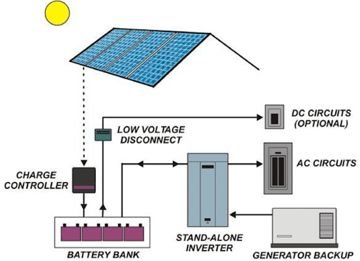

This Solar PV System is more popular for those staying in a more rural environment or are pursuing an off-grid lifestyle.
An off-grid solar system is a solar power installation that is not connected to any utility grid. This means that your property is 100 percent reliant on your solar PV system for energy.
With an off-grid system, solar batteries are necessary for storing energy that has been generated throughout the day to be used later. You are also recommended to own a back-up generator, in case of bad weather or your batteries running out.
Pros
- The most independent choice of all. You free yourself from the risk of power outages or fluctuating electricity costs. As long as your energy consumption remains the amount that the system is prepared for, you can safely rely on your own home for your basic electricity needs.
- It is the most eco-friendly and sustainable home energy setup. You are minimizing your carbon footprint. Your property will no longer contribute to water pollution or greenhouse gases.
Cons
- There is less security, as you cannot rely upon the utility grid during bad weather and must only rely upon the energy you have stored inside your battery and/or your backup generator.
- You will need more panels and other equipment to power an entire home. Batteries and generators are necessary but costly.
- Batteries have limited lifespans and may require maintenance, which throughout time, may be an added expense.
- You will have to closely monitor your energy usage. With off-grid solar, it matters how long your lights are left on and how many appliances are being used. For some this may require a lifestyle adjustment.
- The amount of energy you consume will have to vary depending on the time and the day. You may be able to use as much energy as you want during a bright and sunny day, however, you may have to be more mindful of your energy usage when it rains, or at night.
Hybrid Solar PV System:

This system is popular amongst those who want the best of both worlds, going for a low carbon emission lifestyle, saving money every month, while still able to rely on the utility grid in case needed.
A hybrid solar system is basically an on-grid system with battery storage. They come with inverters that can transmit power (Direct Current (DC)) to and from your batteries and also capture power (Alternating Current (AC)) from your Solar PV to your property when necessary.
This system allows for independence but also keeps you grid-tied in the case of an emergency.
Pros
Although you have the TNB grid as back-up, you will hardly need it. This is because you still have the excess power produced by your Solar PV that was stored in your battery during the day.
You can customize and expand your hybrid system by adding more panels or batteries.
Cons
The initial investment cost is higher than the other systems, as you will be spending for at least one battery and one hybrid inverter (costs more than normal inverters).
The hybrid solar equipment will take up more space, due to the battery bank and inverters.
Now that you have gotten a brief overview of each solar pv system and what it has to offer, you have the foundation knowledge needed to decide which system is the best for your lifestyle and needs.
For further customization and getting the best possible equipment for your Solar PV installation, you can hone your research or you can talk to a solar pv expert.
While their advice will be invaluable as they are up to date with the latest technology and offerings, you have the assurance from your own research to be able to understand these different systems and also express what features you think would be necessary for you.
We wish you all the best in your Solar PV investment journey! If you would like advice and consultation for the best Solar PV panel and system for you, SOLS Energy provides an A to Z support process to get your roof working for you.
For more information, contact us.
Let Us Customize Your Solar
Fill in this form to claim your Free Power Study worth RM499.


